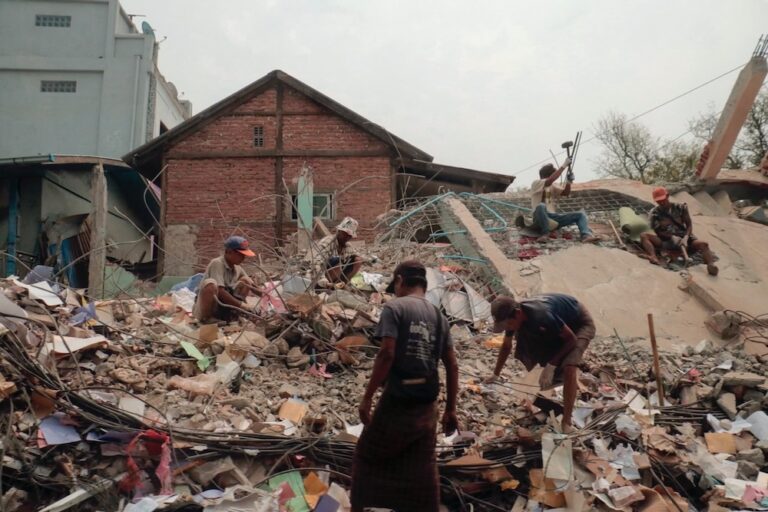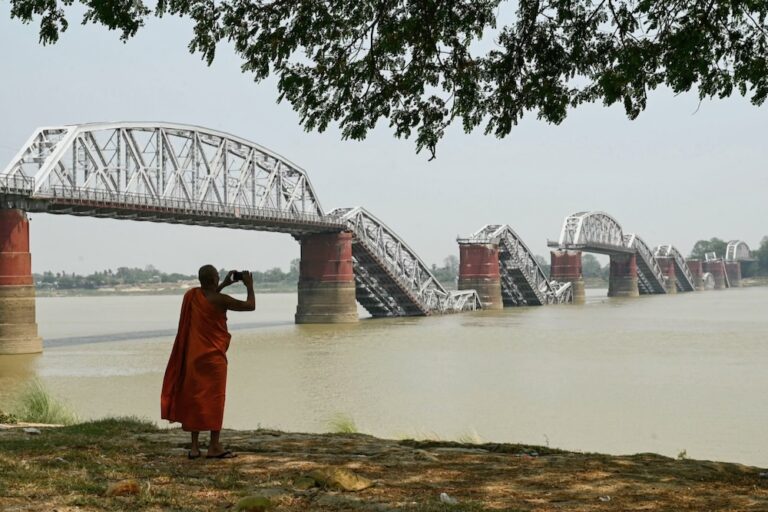The Burmese government has flip-flopped on media regulations in the past few days, a troubling indicator that there might be no media policy at all in place, CPJ notes.
UPDATE from Human Rights Watch: EU: Ending sanctions undercuts Burma’s rights progress (22 April 2013)
(CPJ/IFEX) – May 18, 2012 – The following is a CPJ Blog post:
By Bob Dietz/CPJ Asia Program Coordinator
On Thursday, the United States rolled back prohibitions against American companies doing business in Burma. The announcement marked the latest diplomatic reward given to President Thein Sein’s quasi-civilian government for initiating reforms in what has historically been a military-run country. In making the announcement, U.S. Secretary of State Hillary Clinton said the democratic changes initiated so far were “irreversible,” but that is a characterization few of the country’s journalists would share.
The government has flip-flopped on media regulations in the past few days, a troubling indicator that there might be no media policy at all in place. First, the official version: The government-owned newspaper and website published by the Ministry of Information, New Light of Myanmar, reported that Information Minister Kyaw Hsan met with several journalists and writers’ groups earlier in the week, pledging to “cooperate fully” with all the associations as the ministry drafts a “print media law, gradually but systematically releasing the grip over press in order that journalists can practice in harmony with that law after its ratification.” The government has also said it plans to get a new media law through parliament in the coming months. But that doesn’t mean there will be no censorship. After the government forms a press council, publications will be allowed to go to press under what it calls a check-after-publish system, New Light of Myanmar reported. Under current conditions, all copy must be submitted to censors first, and then be printed and distributed.


